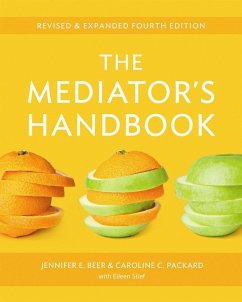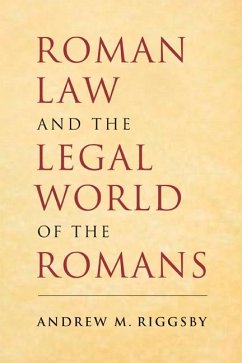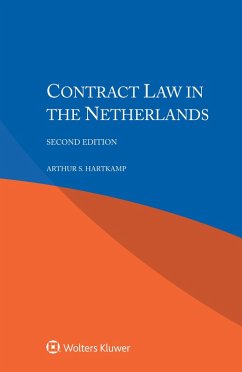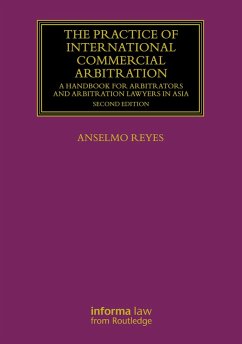
The American Crisis (eBook, ePUB)

PAYBACK Punkte
0 °P sammeln!
The American Crisis Thomas Paine - A pamphlet series originally published during the American Revolution. Paine, like many other politicians and scholars, knew that the Colonists weren't going to support the American Revolutionary War without proper reason to do so. The pamphlets were written in a language that the common man could understand, and represented Paine's liberal philosophy. He also used references to God. His writings bolstered the morale of the American colonists, appealed to the English people's consideration of the war with America, clarified the issues at stake in the war, and...
The American Crisis Thomas Paine - A pamphlet series originally published during the American Revolution. Paine, like many other politicians and scholars, knew that the Colonists weren't going to support the American Revolutionary War without proper reason to do so. The pamphlets were written in a language that the common man could understand, and represented Paine's liberal philosophy. He also used references to God. His writings bolstered the morale of the American colonists, appealed to the English people's consideration of the war with America, clarified the issues at stake in the war, and denounced the advocates of a negotiated peace. The first volume begins with the famous words 'These are the times that try men's souls.'
Dieser Download kann aus rechtlichen Gründen nur mit Rechnungsadresse in A, B, BG, CY, CZ, D, DK, EW, E, FIN, F, GR, H, IRL, I, LT, L, LR, M, NL, PL, P, R, S, SLO, SK ausgeliefert werden.













